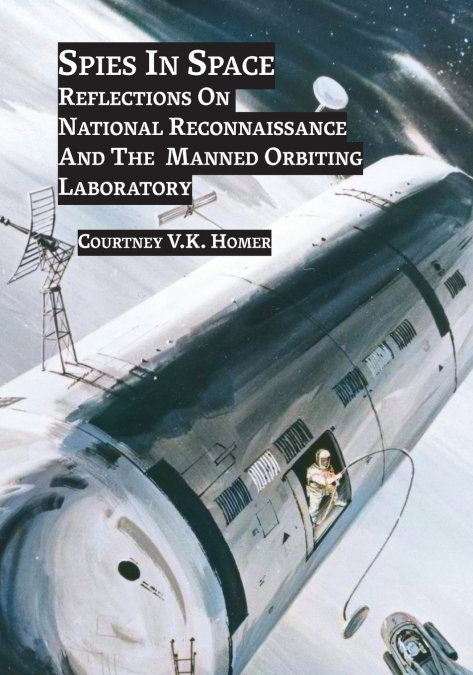
 Donde los libros
Donde los libros
 Librería 7artes
Librería 7artes
 Librería Elías (Asturias)
Librería Elías (Asturias)
 Librería Kolima (Madrid)
Librería Kolima (Madrid)
 Librería Proteo (Málaga)
Librería Proteo (Málaga)
In the world of deeply classified military projects, 'never-weres' and 'might have beens' can shed great light on what actually has been happening behind the scenes. The Manned Orbital Laboratory, a secret project that was cancelled in 1969, illustrates that for more than sixty years, the US government has been energetically seeking persistent, easily-retasked, adaptive, and above all intelligent capabilities for monitoring adversaries from space. For those interested in military space[1], the history offers an essential reference point. If the MOL had flown, it would have been super cool; but the US secured the desired capabilities by other means, many of which are still deep black. This document provides a comprehensive overview of the Manned Orbiting Laboratory (MOL) program, a United States Air Force initiative in the 1960s aimed at developing a manned space platform for military reconnaissance during the Cold War. The document explores the objectives, challenges, and eventual cancellation of the program, as well as the debates and differing opinions surrounding MOL. It discusses concerns about cost, international relations, and the role of humans in space. The document also covers the training program for MOL crew members, their roles and responsibilities, and the development of the MOL system. Personal accounts express shock and disappointment over the program’s termination, and mention the consequences such as layoffs and the transfer of MOL crew members to NASA. Overall, this document offers insights into the complexities and controversies surrounding the MOL program.This annotated edition illustrates the capabilities of the AI Lab for Book-Lovers to add context and ease-of-use to manuscripts. It includes five types of abstracts, building from simplest to more complex: TLDR (one word), ELI5, TLDR (vanilla), Scientific Style, and Action Items; four essays to increase viewpoint diversity: Context in the Discourse, Formal Dissent; Red Team Critique; and MAGA Perspective; and Notable Passages and Nutshell Summaries for each page.[1] Indeed, 'For All Mankind.'-Ed.